Europeans to the rescue?
By Oliver Meier | October 24, 2018
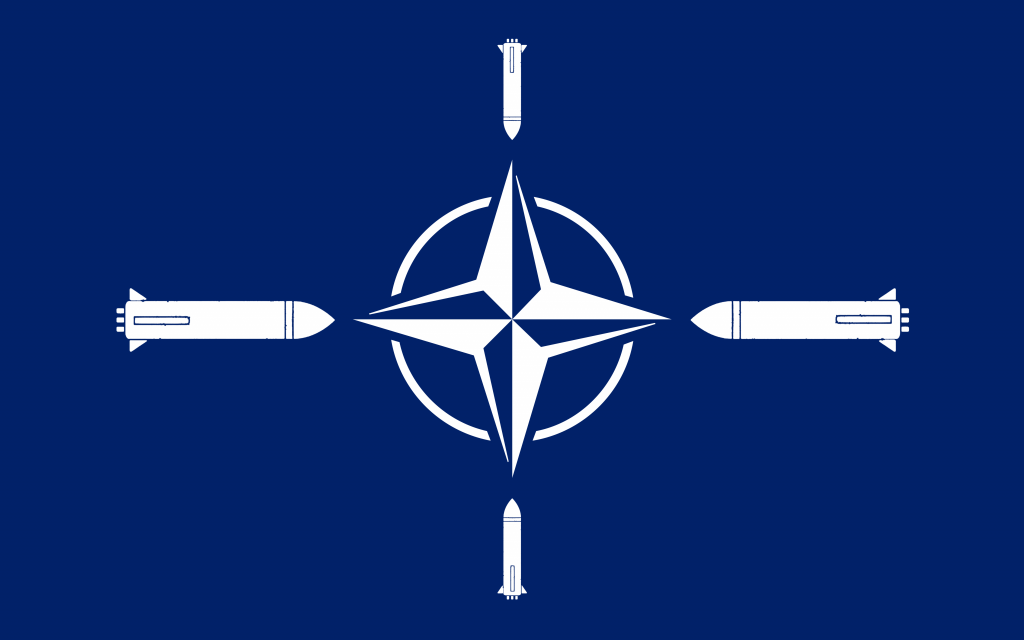
Donald Trump’s announcement that the United States will withdraw from the INF-treaty puts Europeans in a difficult spot. Many do not share the administration’s optimism that Russia can be pressured into compliance through the deployment of additional ground- and sea-launched cruise missiles. And Europeans are generally skeptical about the likelihood of negotiating a better, multilateral agreement on short- and intermediate-range nuclear force. Thus, the President’s decision, announced two weeks ahead of the US midterms on the sidelines of a campaign rally, is perceived as the result of domestic pressures and John Bolton’s ideological opposition on any treaty restricting the US military potential, rather than as the result of careful deliberation and consultations. Three concerns top the European agenda:
First, Trump’s decision appears to hand Putin an easy victory and lets Russia off the hook. After INF has expired, there will be no legal basis to challenge Russia on producing and deploying new INF-range systems in Europe. The range of the infamous 9M729, which is suspected of being a violation of the INF-treaty, will likely remain a secret. INF treaty mechanisms, such as the Special Verification Commission, can no longer be used to address suspected violations. Meanwhile, a key NATO partner and ally takes the blame for the treaty’s collapse.
Second, the unilateral decision to withdraw threatens NATO cohesion. Allies were informed but probably not consulted. The debate on whether and where to deploy new US INF-range system could further drive Europeans and Americans apart. Anti-Americanism could be fueled at a time when populism already undermines European democracies and is actively exploited by Russia in order to weaken Western democracies.
Third, there are concerns about new arms races and instability. Many fear that the end of INF is just a prelude to the expiration of New Start in 2021, leaving nuclear arms control in shatters. Cruise missiles are often seen as destabilizing. There are no viable defenses against them, early warning mechanisms cannot detect them, and they are inherently dual-use.
Europeans are worried that decision-makers in Moscow and Washington no longer seem to be interested in finding win-win solutions to tackle European security dilemmas. But they have little leverage to change such attitudes. Waiting for things to get better is one European response. But given the rapid deterioration of relations between NATO and Russia this is likely to be insufficient. A more proactive approach might have three elements.
First, Europeans should finally turn up the heat on Russia. They should point out that it is difficult to pursue economic partnerships, while Russia refuses to come clean on the 9M729, which could threaten Europe. This message should have been delivered long ago. But better late than never.
Second, Europeans should clearly signal to Washington that further responses on INF must be consulted within the alliance. Thus, the deployment of new nuclear capabilities should only happen on the basis of collective NATO decisions. Europeans should clearly signal that Washington’s insistence on fairer burden sharing within the alliance must be reciprocated by respecting collective decision-making, particularly on issue that are key for European security.
Third, Europeans should foster a broader dialogue on strategic stability. One avenue to pursue this might be the United Nations Security Council. From 2019 on, Belgium and Germany, which host US nuclear weapons under NATO nuclear sharing arrangements, will be non-permanent members of the Security Council. Together with the two European permanent members and nuclear weapon states France and the United Kingdom, they could initiate a dialogue on strategic stability and the impact of the demise of nuclear arms control. Such a discussion could also inform the NPT review conference, to take place in 2020.
All of this may be insufficient to save the INF treaty. But it is worth trying, to signal Europe’s continued preference of cooperative security arrangements over nuclear posturing and threats.
Together, we make the world safer.
The Bulletin elevates expert voices above the noise. But as an independent nonprofit organization, our operations depend on the support of readers like you. Help us continue to deliver quality journalism that holds leaders accountable. Your support of our work at any level is important. In return, we promise our coverage will be understandable, influential, vigilant, solution-oriented, and fair-minded. Together we can make a difference.
Share: [addthis tool="addthis_inline_share_toolbox"]

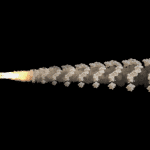
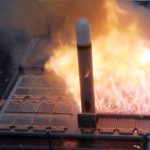

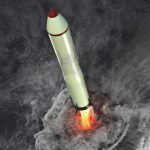
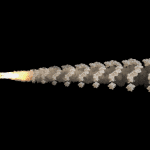



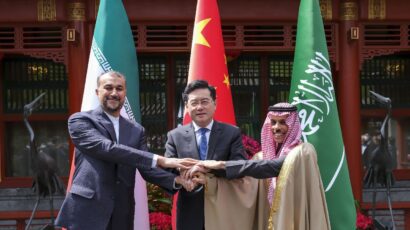

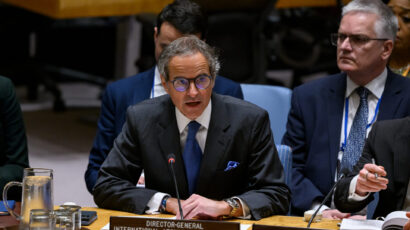



There are no credible defenses against either cruise or ballistic missiles, and certainly none that would even be relevant against full scale, massed Russian nuclear strikes.